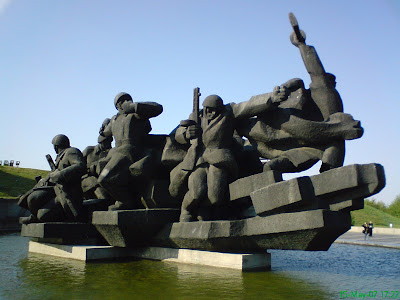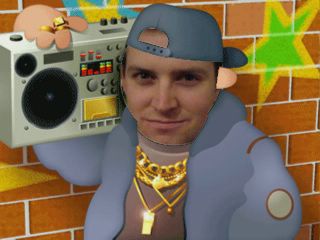Last week I and three other Swedish interns in Cologne and Düsseldorf took a train to the Netherlands. Primarily because Henrik (the one who is an Architect) promised us a tour of cool buildings in Rotterdam, but also because it was a nice opportunity to see the country next door.

After a 2h train ride we arrived in Amsterdam, where we spent 4h sight-seeing (2 of which at
the Heineken Experience)

Thereafter we took another train to Rotterdam, which didn't disappoint with its Architecture.

This is a view of the central
Erasmus Bridge and some of the high-rise buildings in Rotterdam. It is said that the Dutch are not only very liberal on social issues, but also on experimental designs and daring additions to the urban landscape.

Three of us at the observation deck of the
Euromast. Later we enjoyed a dinner watching the sun set over Rotterdam's enormous harbour.

Our accommodation was very central and cheap, but a bit lacking in space.
Hostel Boat The Clipper was money well spent and something I recommend to anybody going to Rotterdam on a student budget.

Last but not least (although one should see it last, since it is very relaxing) we took a boat trip to the worlds biggest harbour. As luck would have it we saw a Swedish ship unloading paper products just as we went by. It is said that in the old times, when you wanted to grasp the basic concept of en economy you could just visit the market place and watch the buyers and sellers haggle. In the modern global economy I would say that a trip to Rotterdam Harbour would be advisable for anyone who wishes to grasp the amazing forces at work.
PS All of next week I'll be in
Kyiv on a study trip.


















